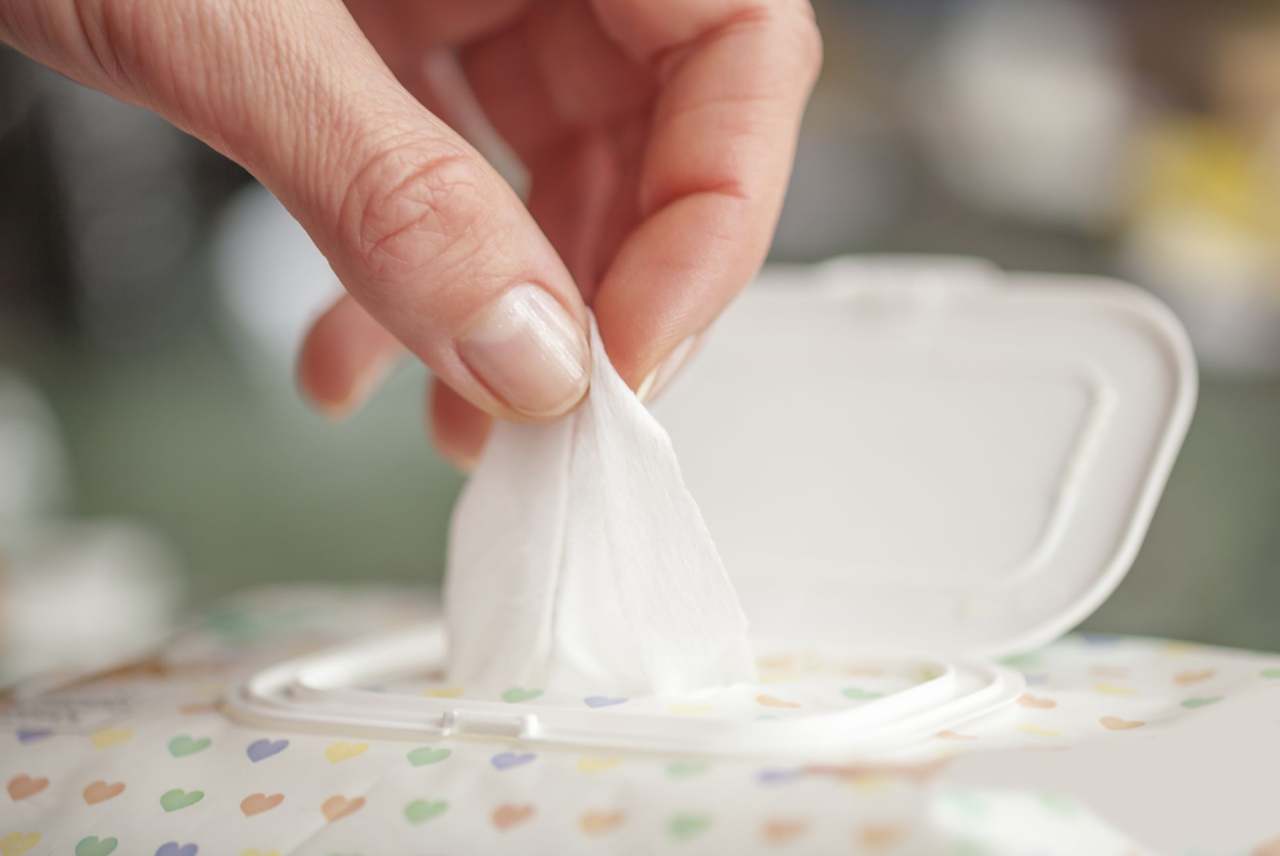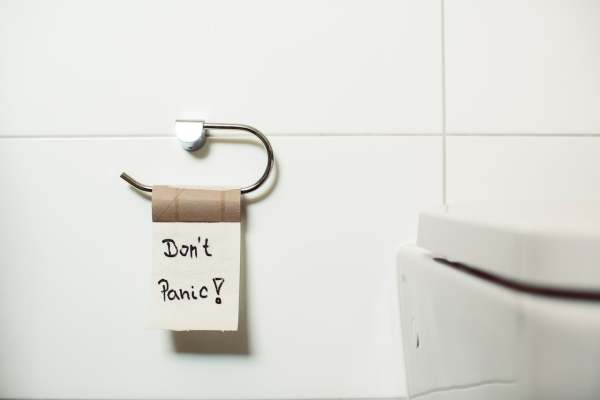What are the problems with wet wipes?
A large proportion of wet wipes used in the UK contain plastic, according to environmental charity the Marine Conservation Society. Plastic is made from fossil fuels and is not biodegradable, meaning that it does not break down in the environment.
Wet wipes and other plastic waste are contributing to the build up of ‘fatbergs’ in sewers. Oils, grease, wipes and food, put down the drains or the toilet, congeal into solid mounds, causing major blockages and even floods.
93% of sewage blockages are caused by wet wipes flushed down toilets, costing around £100m a year to clear up, according to a body of UK water companies, Water UK. In 2017, a 250-metre long fatberg was found in Whitechapel in London, which weighed as much as nineteen elephants!
Plastic wet wipes can also end up in our environment – as litter in rivers, beaches and seas.
Plastic does not disintegrate, but instead breaks into ever smaller pieces, known as microplastics. Microplastic pollution has been found on every corner of the planet. It is eaten by sea creatures and releases toxins which damage their organs and affect their ability to reproduce.
Plastic can even end up in our own diets. In 2019, environmental group WWF found that the average person was ingesting the equivalent of a credit card of plastic every week.







